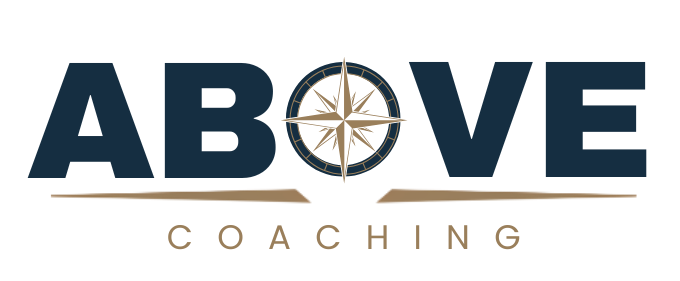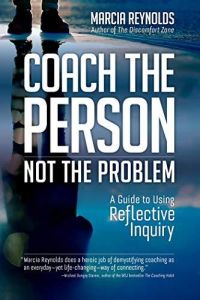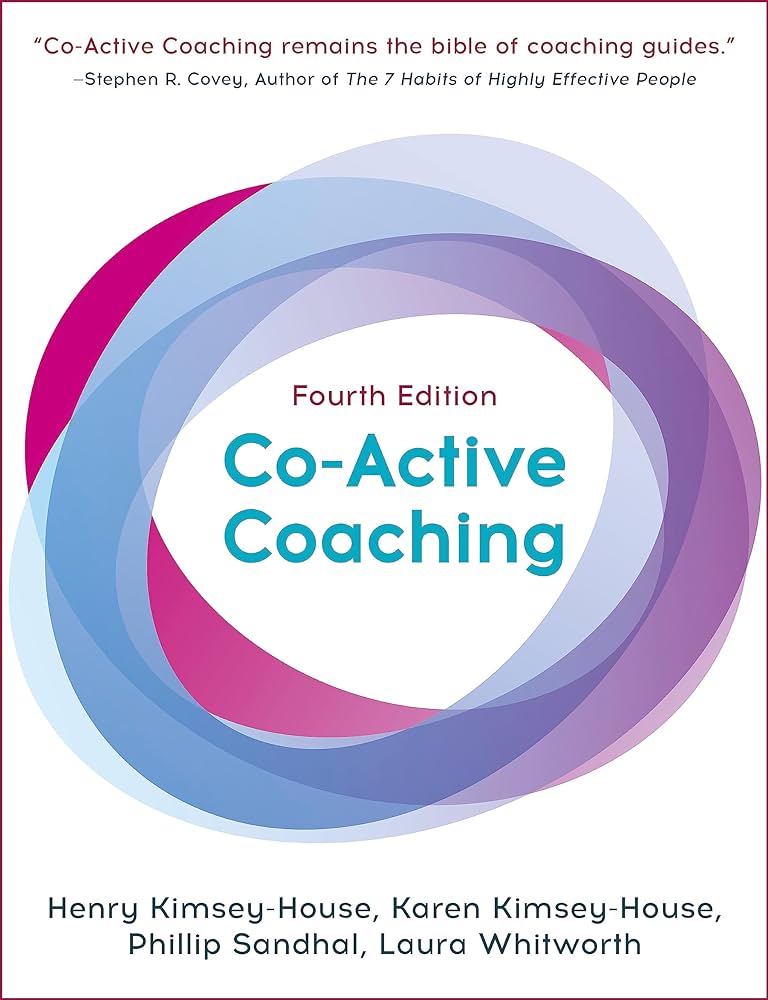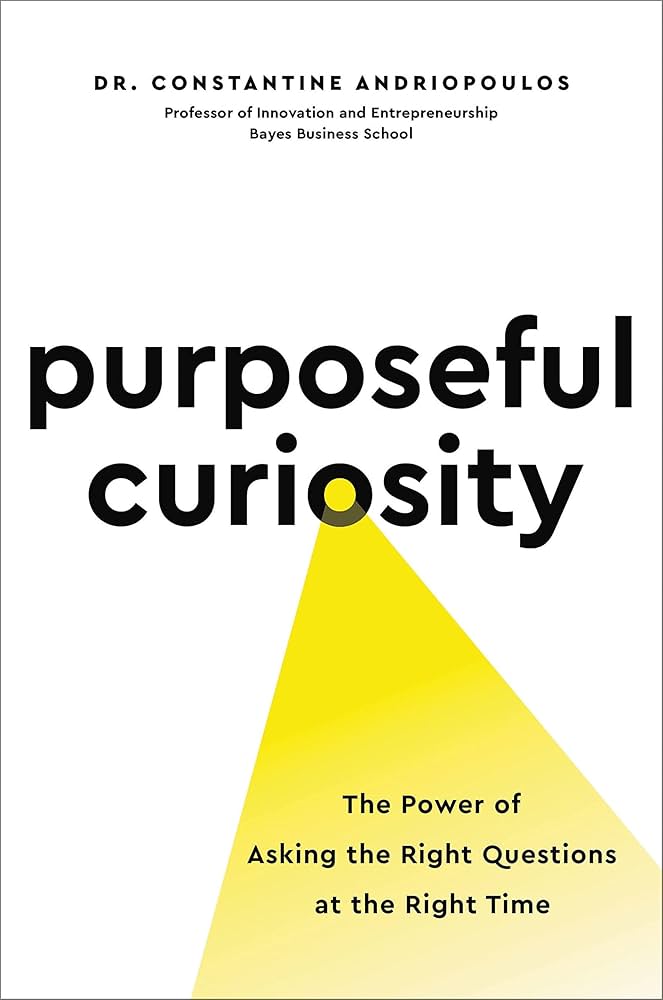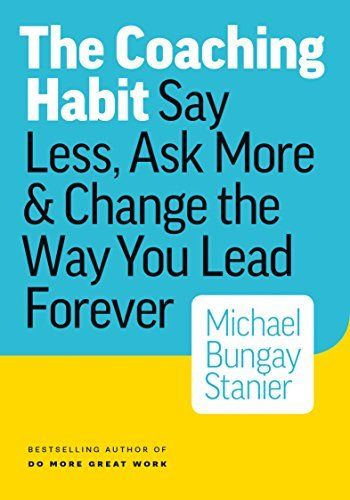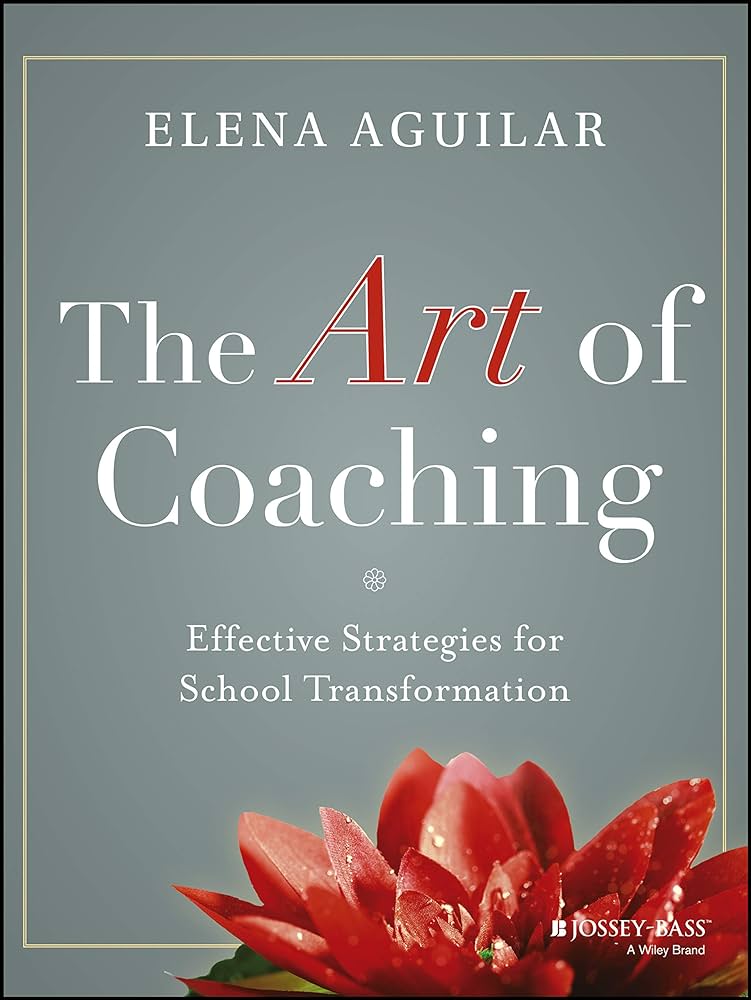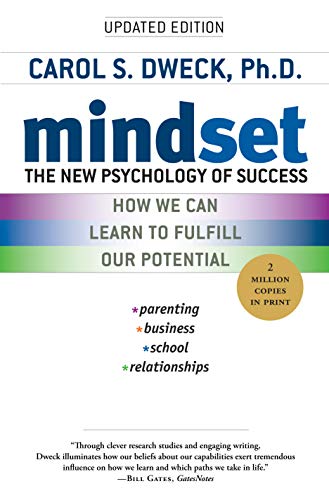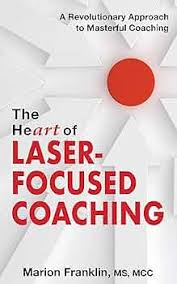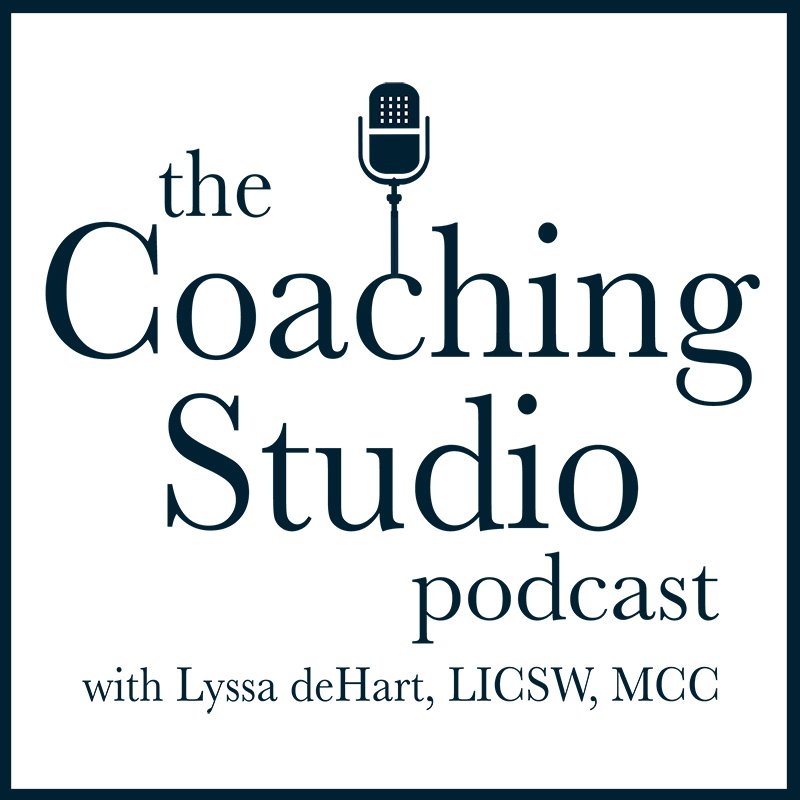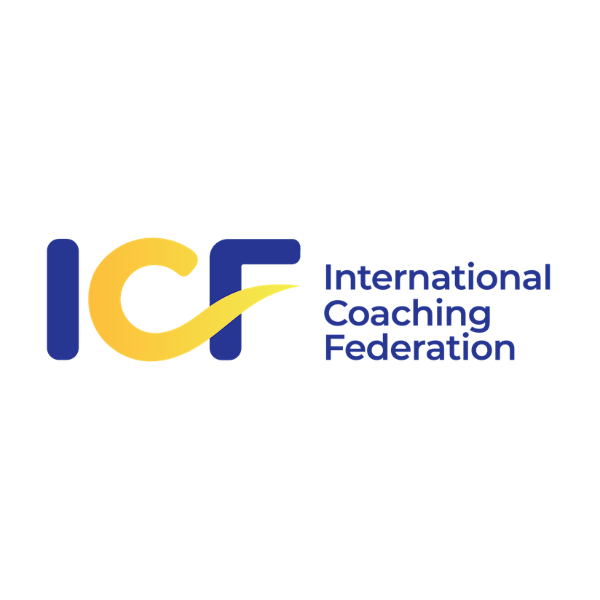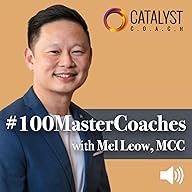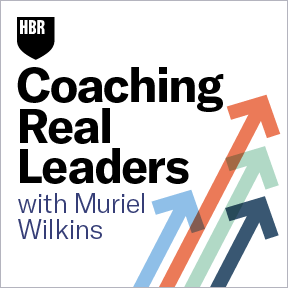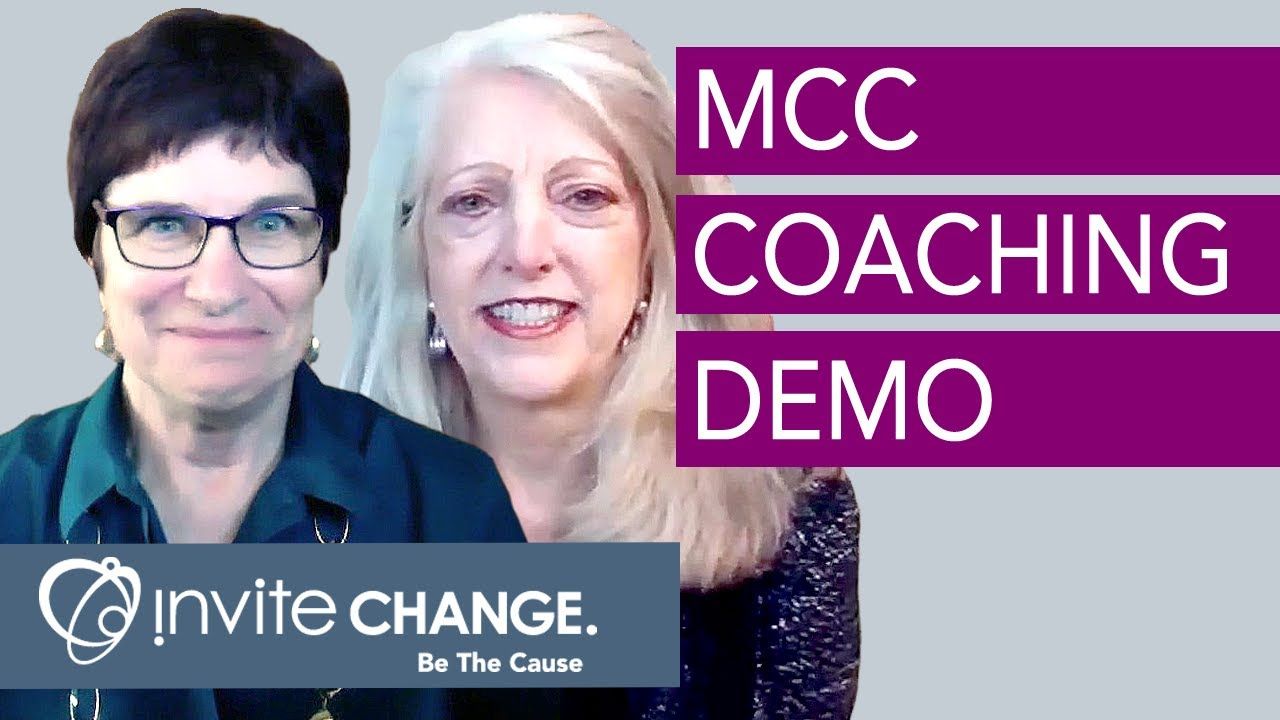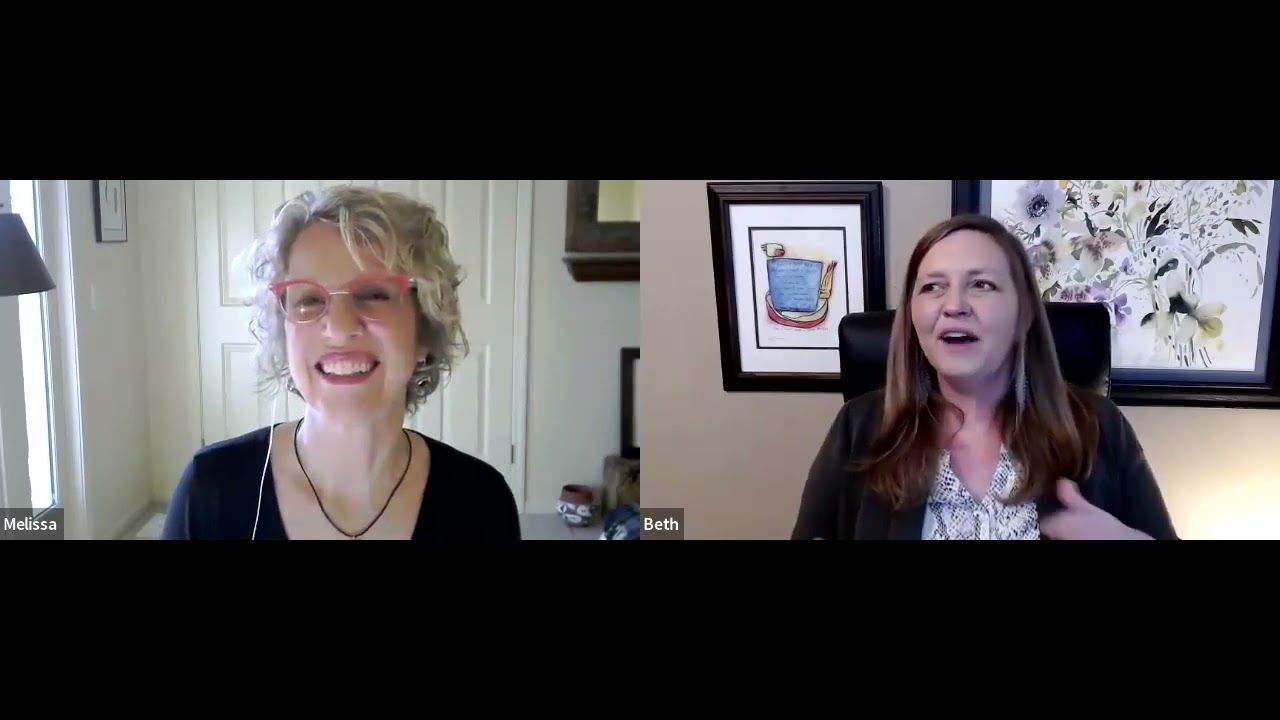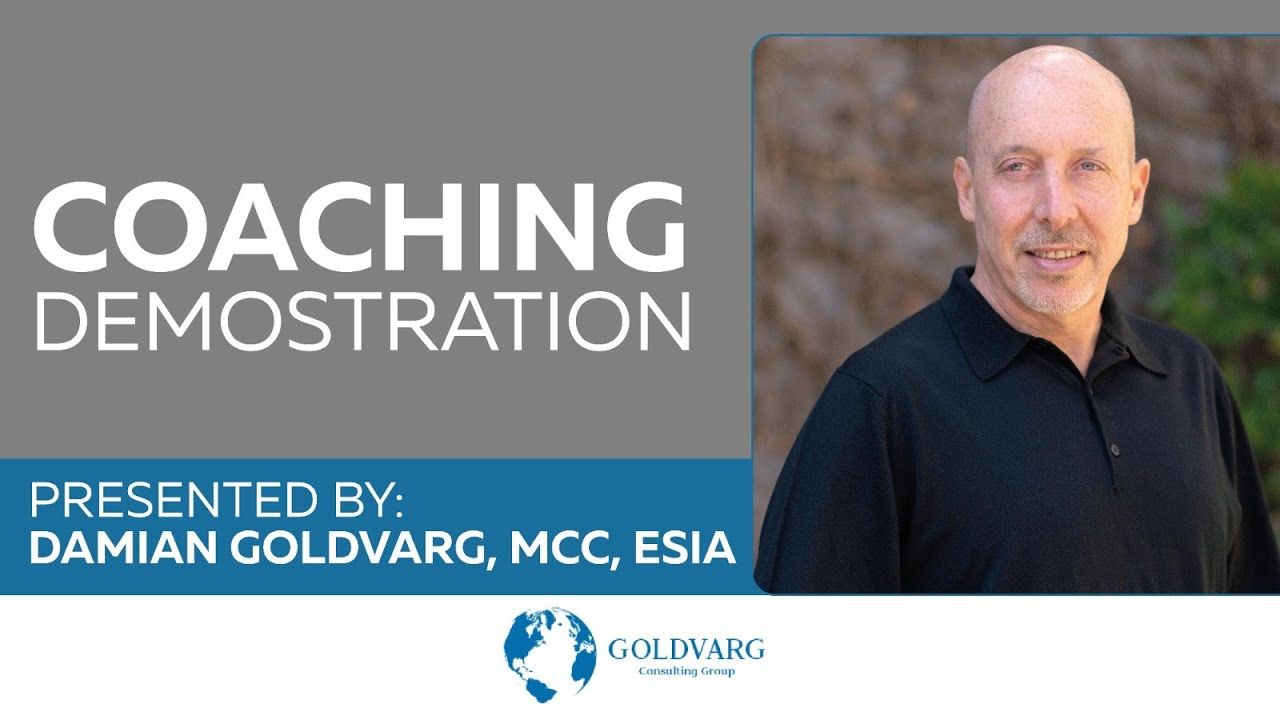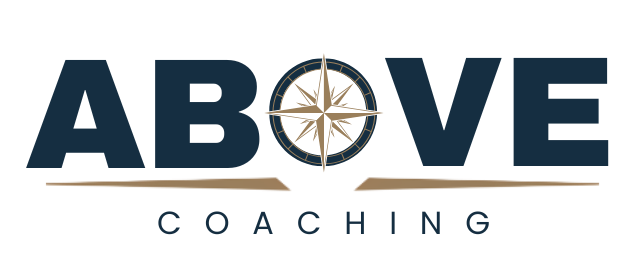Student Tools for Success
ICF Core Competencies
Access to the ICF Core Competencies.
Coaching Tracker
Keep track of your coaching hours, training hours and mentor hours all in one place.
Code of Ethics
Understand the core values and ethical principals that are the foundation of our coaching standards.
Coaching Practice Tools for success
Practice Coaching
Sharpen Your Coaching Skills Through Hands-On Practice
Prepare for Your First Practice Coaching Session
Documenting + Recording + Confidentiality
Sample Coaching Agreement
Building Blocks: Intentions + Reflection + Awareness
Be Specific and Objective
Using objective language to describe specific behaviors or actions helps prevent the recipient from feeling attacked and keeps the discussion focused on observable actions rather than perceived intentions.
Focus on Improvement
Constructive feedback should emphasize future development opportunities rather than past errors to foster a positive atmosphere and encourage ongoing learning.
Encouraging Dialogue
Effective feedback should be a collaborative discussion that encourages dialogue, making the receiver feel valued and involved in their growth process.
Listen Actively and Openly
Approach feedback with an open mind and focus fully on the speaker to foster greater understanding and appreciation.
Ask Questions for Clarity
If any part of the feedback is unclear, ask for specific examples or clarification to avoid misunderstandings and gain clear direction on how to improve.
Reflect and Plan
After receiving feedback, reflect on the discussion and create a concrete action plan with specific goals, additional resources, or practice of new skills.
Review Client Information
Review notes from previous sessions, client intake forms, and any correspondence to tailor the session to the client's current situation and progress, ensuring the most relevant issues are addressed.
Mental Preparation
Engage in activities like meditation, deep breathing exercises, or a short walk to clear your mind, reduce anxiety, and maintain a calm, focused demeanor receptive to client needs.
Physical Preparation
Ensure your coaching environment is conducive to privacy and free from distractions. Organize your space to promote a professional and welcoming atmosphere that enhances communication and interaction.
Active Listening
Focus fully on the client's words, body language, and emotional cues to thoroughly understand their perspective and respond more effectively.
Adaptive Questioning
Use open-ended questions to encourage deeper exploration of issues and adapt questioning techniques based on the conversation's flow to maintain productive and insightful discussions.
Note-Taking
Develop a note-taking method that supports the coaching process, captures essential insights and action items, and ensures continuity and follow-up in future sessions without detracting from the interaction.
Self-Evaluation
Immediately after each session, reflect on its effectiveness, assessing both strengths and areas for improvement. This reflection helps in continuously refining coaching techniques and approaches.
Client Feedback
Solicit feedback from clients to gain their perspective on the session. This feedback is invaluable for adjusting methods and improving the coaching experience.
Relaxation
Engage in a post-session ritual to decompress and mentally transition out of the coaching role. Activities like journaling or physical exercise can aid in this process, ensuring personal well-being and readiness for future sessions.
Grounding Rituals
Tip: Dedicate 10–15 minutes before each session for self-reflection or mindfulness exercises.
Preparation and Intentions
Practical Application: Before each session, write down 1-2 key objectives that align with the client's goals and ICF core competencies like maintaining presence and active listening.
Managing Emotions
Techniques: Practice Emotional Intelligence by self-regulating through mindfulness and writing to help manage personal emotions that may affect the session.
Stay Present and Focused
Tip: Practice reflective inquiry by repeating back key points to the client and asking follow-up questions to keep engagement strong.
Handling Client Resistance
Techniques: Reframe client statements to help them see challenges in new ways and foster exploration, as highlighted by ICF Core Competency 8: Facilitating Client Growth.
Managing Time
Tip: Announce a brief time-check midway through the session to ensure all goals are on track to be covered.
Reflection
Practical Application: Use a reflective journal to record insights from each session, noting where ICF Core Competencies were demonstrated and areas for growth.
Self-Care Practices
Tip: Schedule a 10-minute break between sessions to recharge and reset your energy before meeting with your next client.
Receiving Feedback
Practical Application: Participate in peer coaching circles or group supervision sessions to receive feedback and maintain alignment with ICF standards.
Additional Resources to Help You Excel
We’ve been educating for over 20 years. By choosing us you are opting for a full-training program that will support you from start to finish.
Would you like to add to the resource library?
Submit your recommended book, podcast, or YouTube channel below!
